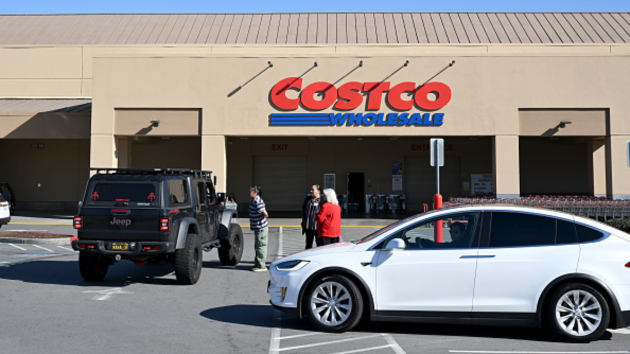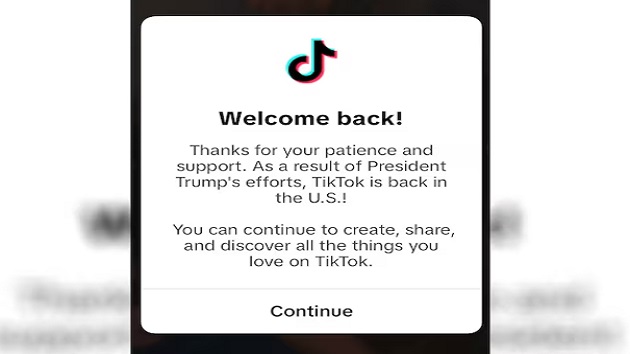Inflation expected to have cooled in June
Written by ABC Audio ALL RIGHTS RESERVED on July 11, 2024

(WASHINGTON) — A monthslong stretch of progress in the fight against inflation will face another test on Thursday when a U.S. government agency releases fresh data on price increases.
Inflation has cooled for three consecutive months, reversing a surge in prices that took hold at the outset of 2024.
Price increases have slowed significantly from a peak of more than 9%, but inflation remains more than a percentage point higher than the Fed’s target rate of 2%.
Economists expect consumer prices to have increased 3.1% over the year ending in June. That figure would mark a modest slowdown from the 3.3% rate recorded a month prior.
Despite the cooldown of prices in recent months, the Federal Reserve has opted to keep its benchmark interest rate highly elevated. The Fed Funds rate remains between 5.25% and 5.5%, matching its highest level since 2001.
A further reduction of inflation could heighten pressure on the Fed to move forward with a set of interest rate cuts that the central bank forecasted late last year.
Speaking to House members in Washington, D.C., on Wednesday, Fed Chair Jerome Powell touted “modest further progress” in the fight to slow price hikes over recent months.
Still, he added, the Fed will not lower interest rates until it has “gained greater confidence that inflation is moving sustainably toward 2%.”
While the economy has proven resilient this year, recent performance suggests that high interest rates have begun to slow activity.
A jobs report released on Friday showed that the economy added a robust 206,000 jobs in June. However, downward revisions for hiring over the previous two months brought the three-month average to its lowest level since January 2021. The unemployment rate has ticked up this year from 3.7% to 4.1%.
Economic output has slowed markedly at the outset of 2024, though it has continued to grow at a solid pace.
Interest rate cuts would lower borrowing costs for consumers and businesses, potentially triggering a burst of economic activity through greater household spending and company investment.
But the Fed risks a rebound of inflation if it cuts interest rates too quickly, since stronger consumer demand and higher wages could lead to an acceleration of price increases.
On the other hand, recent data suggesting an economic slowdown heightens the risk of keeping interest rates too high for too long, since the borrowing costs could ultimately tip the economy into a recession.
The Fed is guided by a dual mandate to keep inflation under control and maximize employment. Addressing lawmakers at the Capitol on Wednesday, Powell said recent progress in the fight against inflation has allowed the central bank to bring greater attention to its role in employment.
“Elevated inflation is not the only risk we face,” Powell told lawmakers on Wednesday.
If the Fed opts to lower interest rates “too late or too little,” he added, it could “unduly weaken economic activity and employment.”
Copyright © 2024, ABC Audio. All rights reserved.

 KVSP
KVSP 




